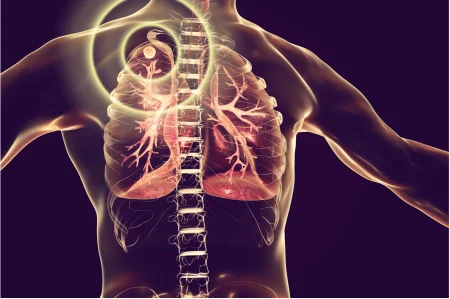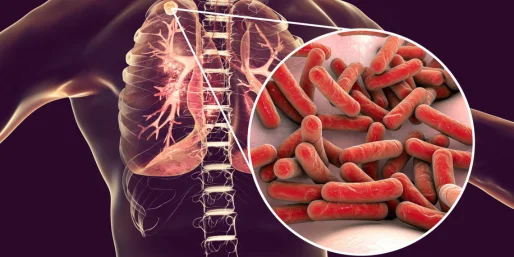Tuberculosis/TB

Tuberculosis (TB) is a contagious bacterial infection caused by Mycobacterium tuberculosis, primarily targeting the lungs but potentially affecting other organs like the bones, kidneys, or brain. Spread through airborne droplets when an infected person coughs or sneezes, TB requires prompt diagnosis and treatment. Seeking care at a reputed TB hospital in Mumbai ensures comprehensive evaluation and management of both latent and active TB cases. For residents in Mira Bhayandar, a well-equipped TB hospital in Mira Bhayandar provides specialized services and advanced treatment options. Consulting a trusted TB specialist in Mumbai is vital for proper diagnosis and a tailored antibiotic regimen. Early detection, adherence to treatment, and preventive measures significantly reduce TB’s impact and ensure better outcomes.
What is Tuberculosis (TB)?
Tuberculosis (TB) is a transmissible bacteria-related infection that primarily affects the lungs, but it may also affect other body parts like bones, the kidneys or the brain. The illness is caused by the bacteria Mycobacterium tuberculosis and is spread through the air when an affected sufferer coughs, sneezes or even speaks. TB is classified in two different forms of latent TB which means that the bacterium remain active without symptomatic signs or symptoms, and active TB that can be transmitted and can lead to severe health problems.
How Does Tuberculosis (TB) Occur?

Tuberculosis is transmitted by inhaling air droplets that contain Mycobacterium tuberculosis. Droplets of the disease release when an infected patient coughs or sneezes or speaks. Although TB predominantly affects the lung (pulmonary TB), it can also spread to other parts of the body via the bloodstream. Factors such as weakened immunity system (due to HIV or malnutrition or other illnesses) and inadequate living circumstances, and having close contact with a person suffering from active TB could increase the chance of contracting the disease.
How Common is Tuberculosis (TB)?
- A persistent cough that lasts longer than 3 weeks, and sometimes accompanied by the presence of blood or sputum
- Unexplained weight loss
- Night sweats and fever
- Insomnia and fatigue
- Pain or discomfort in the chest
- Breathing shortness
- Appetite loss in certain instances the event that TB expands to other areas within the human body (such as kidneys, the spine or the brain) the symptoms could be connected to the organ affected.
- Isoniazid
- Rifampin
- Pyrazinamide
- Ethambutol
Tuberculosis continues to be a serious worldwide health issue, primarily in countries that are developing. As per the World Health Organization (WHO) In 2020 it was estimated that there would be 10.3 million people suffering from TB all over the world, with an estimated 1.5 million cases of death. Although the prevalence of TB has decreased globally thanks to better medical care and vaccination programs it remains the leading cause of death in a number of countries with low and middle incomes. People at risk include those who have HIV and malnourished individuals as well as those who live in poorly ventilated or overcrowded conditions.
Symptoms of Tuberculosis (TB)
The signs of active TB may vary however, the most common symptoms are:
Treatment of Tuberculosis (TB)
Tuberculosis can be treated using antibiotics, but it needs the use of a long-term treatment, typically lasting between 6 and 9 months. The most frequently used medications to treat TB comprise:
The two medicines should be used in conjunction to stop the development of resistance to drugs in TB. The direct observation treatment (DOT) is frequently advised to ensure the adherence to the treatment regimen. In the case of drug-resistant TB 2nd-line treatments as well as extended treatment may be required. Surgery is sometimes required in extreme cases, especially when an infection is causing severe damage to the lungs or any other organs.



